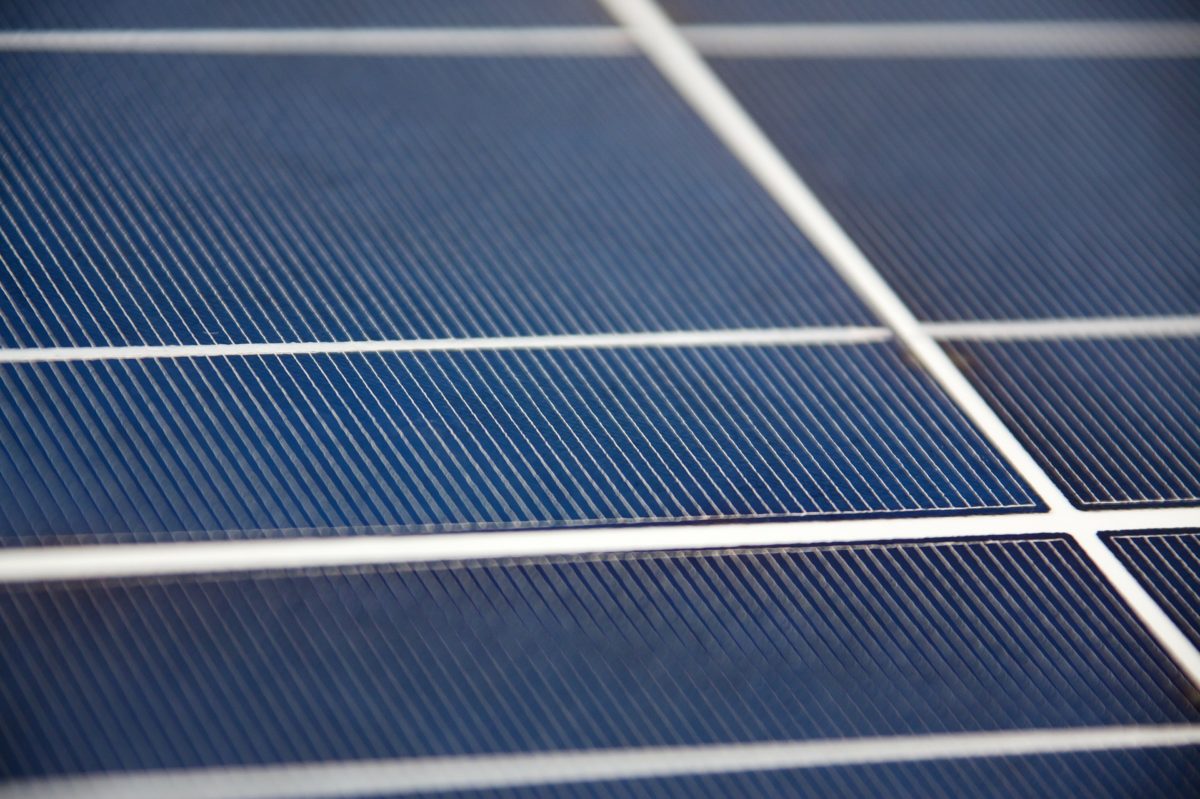From pv magazine global
Investment banking company Roth Capital Partners has predicted solar prices including the cost of PV modules could rise in the near term as the coronavirus outbreak in China has resulted in shortages of solar wafers and module glass.
Roth said the Chinese new year holiday has been extended until Sunday in eight provinces to help deal with the virus, including the key global solar manufacturing areas of Jiangsu, Zhejiang, Guangdong and Anhui.
“The companies that have gotten back to us about the coronavirus impact have said they have been working through the holiday,” said the investor in a short statement. “We’ve been told that the ‘not to return to work’ order, i.e. work stoppage, may not be applicable to companies that never dismissed employees. Our guess is that while most of the facilities have been up and running, they likely have not been running at 100% staffing.”
Low production rates
China’s National Health Commission said transport has been seriously disrupted in many regions, further affecting manufacturing. With Beijing having extended the new year break until yesterday, local governments have added a further week to the shutdown and are likely to stretch the lay-off for at least another seven days in an effort to contain spread of the virus.
With people in affected areas ordered to quarantine themselves for 14 days, it is thought factory utilization rates across all industries in the affected areas may have slumped.
The big Chinese solar manufacturers which have responded to pv magazine’s questions about the impact of coronavirus – on condition of anonymity – said their factories are operating at very low rates and they do not anticipate a return to normal production in the immediate future.
Third-quarter recovery
The National Energy Administration and the State Grid Corporation of China have warned of the risk coronavirus poses to the energy industry and the Chinese Photovoltaic Industry Association (CPIA) has urged the government to postpone connection deadlines for large scale solar projects on March 31 and June 30. As it stands, late completion of projects will affect the amount of subsidies received.
The trade body expects PV industry output to suffer until mid year as a result of the outbreak. If, as expected, the virus is tamed by the end of June, the recovery could begin in the third quarter, according to the CPIA.
One senior official at a PV manufacturer told pv magazine the outbreak means he is banned from visiting the U.S. for business purposes. “Even business trips to overseas branches are limited and this will cause lower operating efficiency,” he said.
There has been speculation the authorities could introduce new stimulus policies to help the solar industry recover in the second half but no official announcements have been made.
Europe
The affect of the virus outbreak will be less pronounced outside the world’s biggest solar marketplace, according to Bloomberg New Energy Finance analyst Jenny Chase.
“If you are a developer or EPC [engineering, procurement and construction services provider] in Europe with a deadline coming up – or a European manufacturer with no raw material inputs to meet orders – yes it is a big deal,” Chase told pv magazine. “I’m not sure it moves the needle much on the gigawatt scale, that’s all. We looked into this briefly and concluded that although this will be inconvenient for some companies, the volumes involved are quite small and the vast majority of projects can wait a few months for modules. It should be possible to do most of the prep EPC work, I think.”
By Emiliano Bellini and Vincent Shaw
This content is protected by copyright and may not be reused. If you want to cooperate with us and would like to reuse some of our content, please contact: editors@pv-magazine.com.








3 comments
By submitting this form you agree to pv magazine using your data for the purposes of publishing your comment.
Your personal data will only be disclosed or otherwise transmitted to third parties for the purposes of spam filtering or if this is necessary for technical maintenance of the website. Any other transfer to third parties will not take place unless this is justified on the basis of applicable data protection regulations or if pv magazine is legally obliged to do so.
You may revoke this consent at any time with effect for the future, in which case your personal data will be deleted immediately. Otherwise, your data will be deleted if pv magazine has processed your request or the purpose of data storage is fulfilled.
Further information on data privacy can be found in our Data Protection Policy.